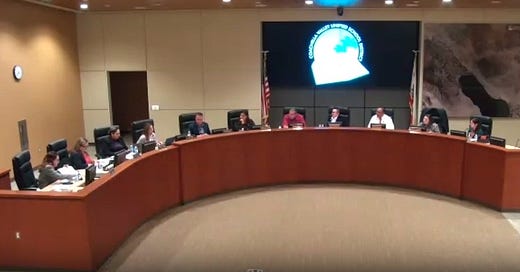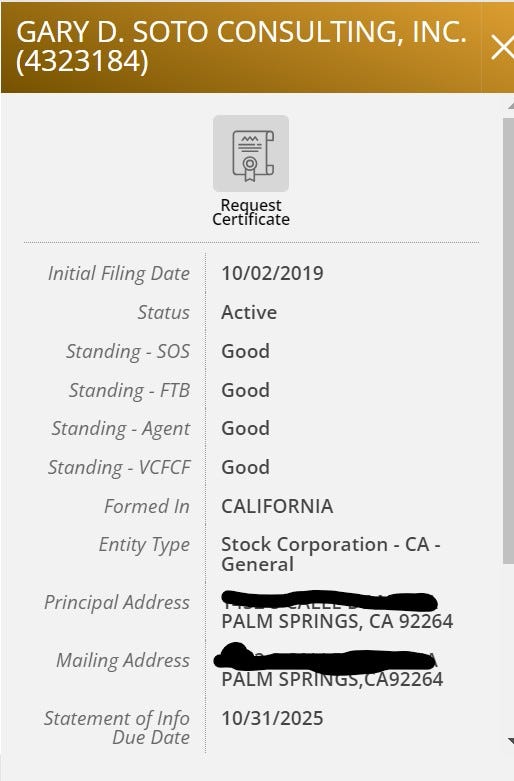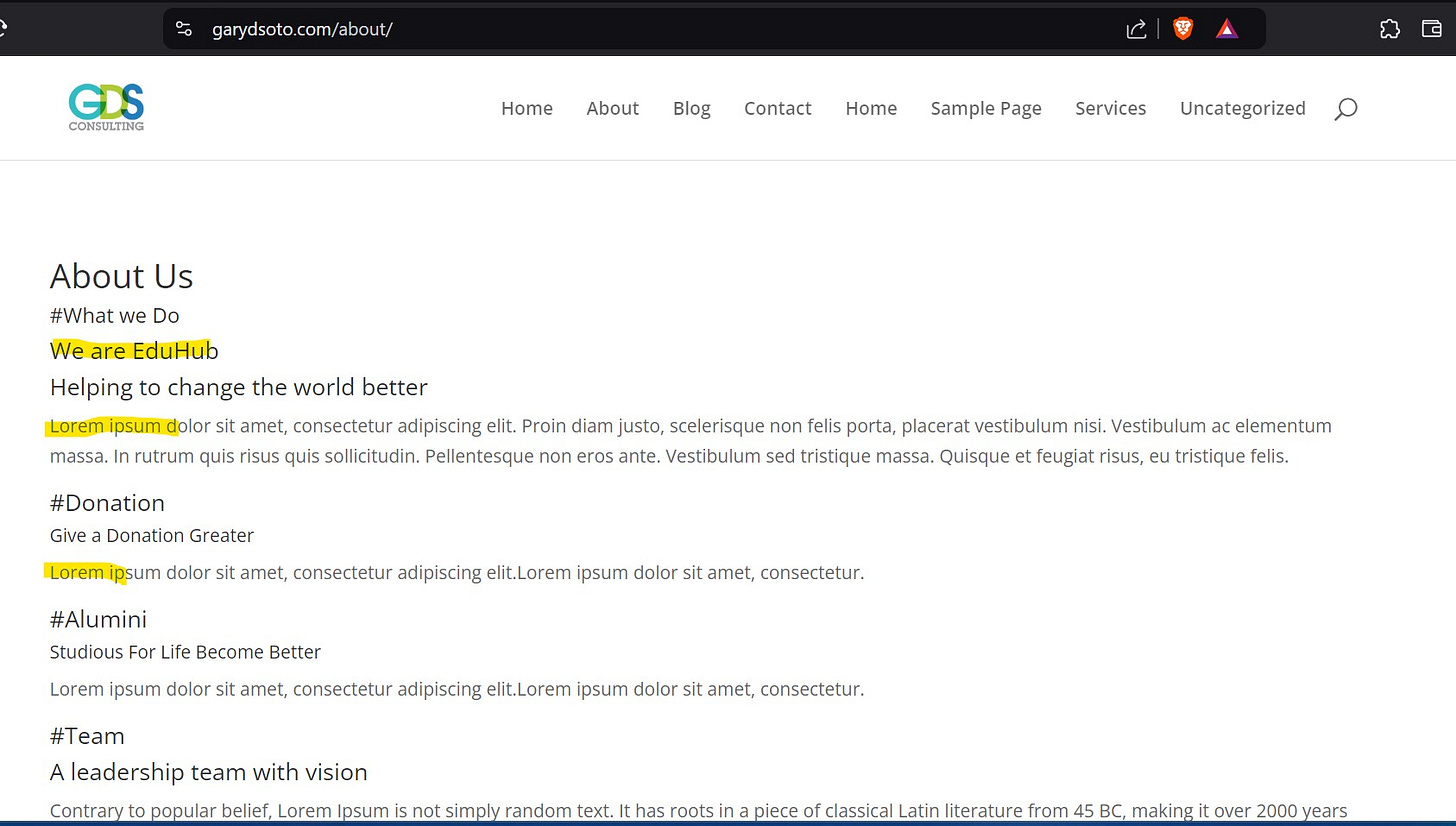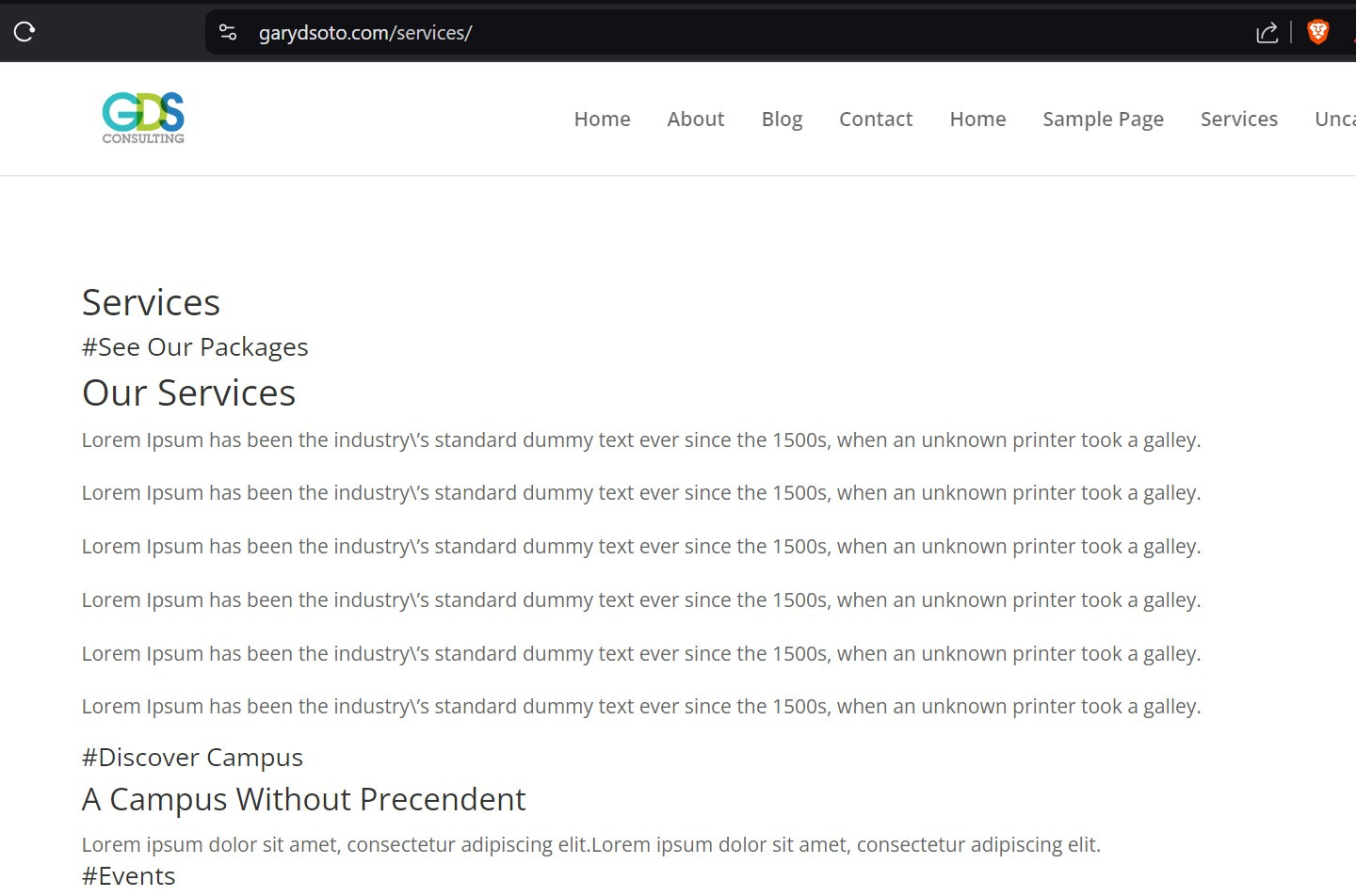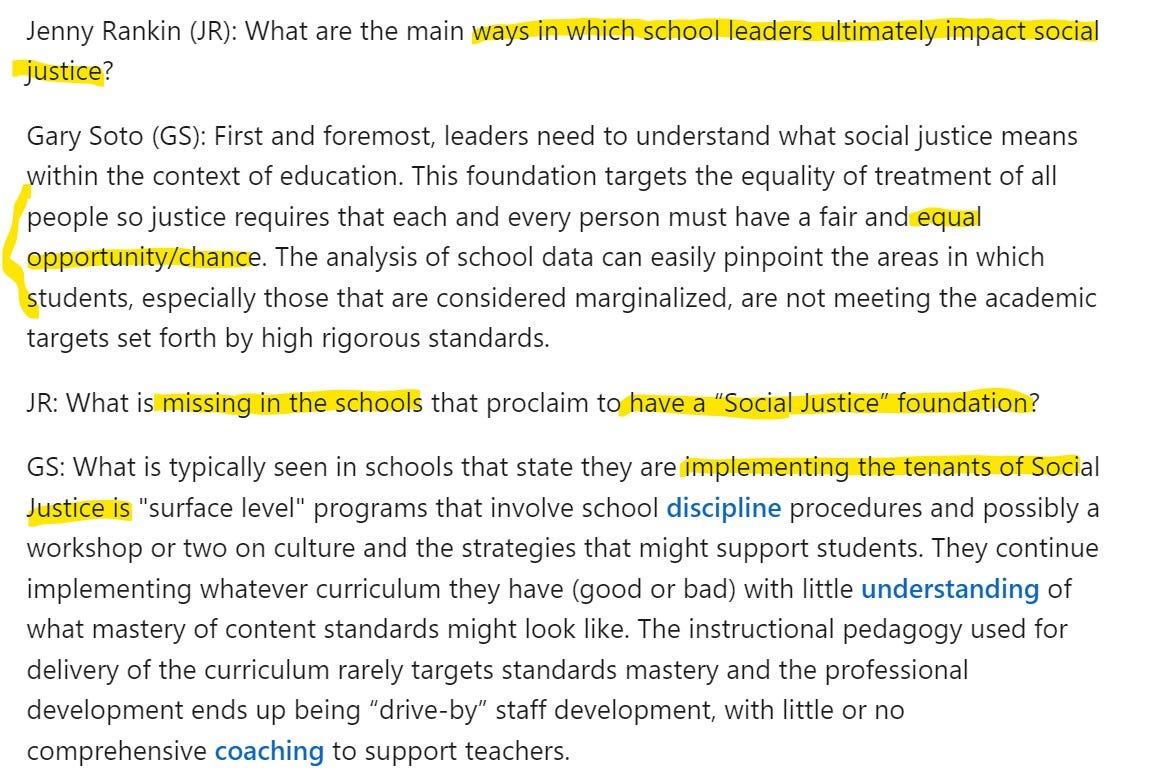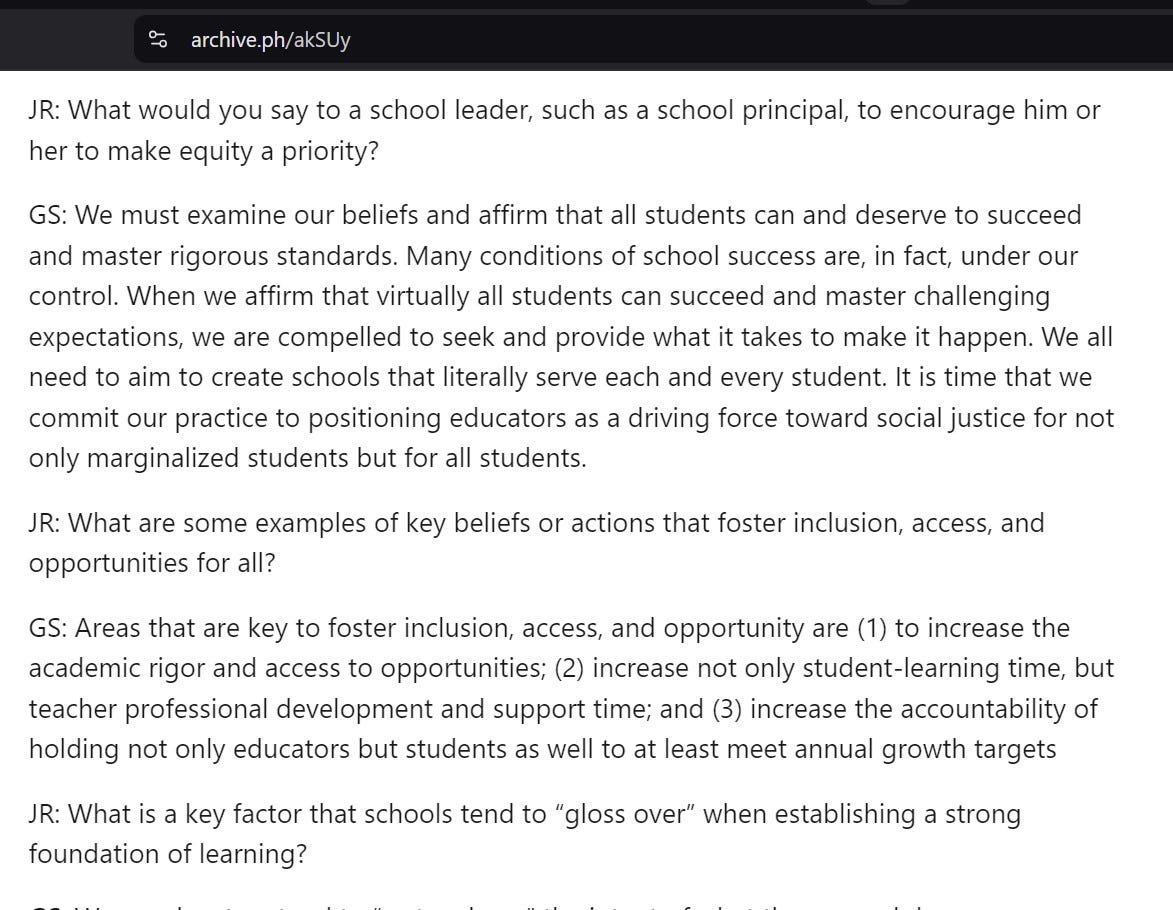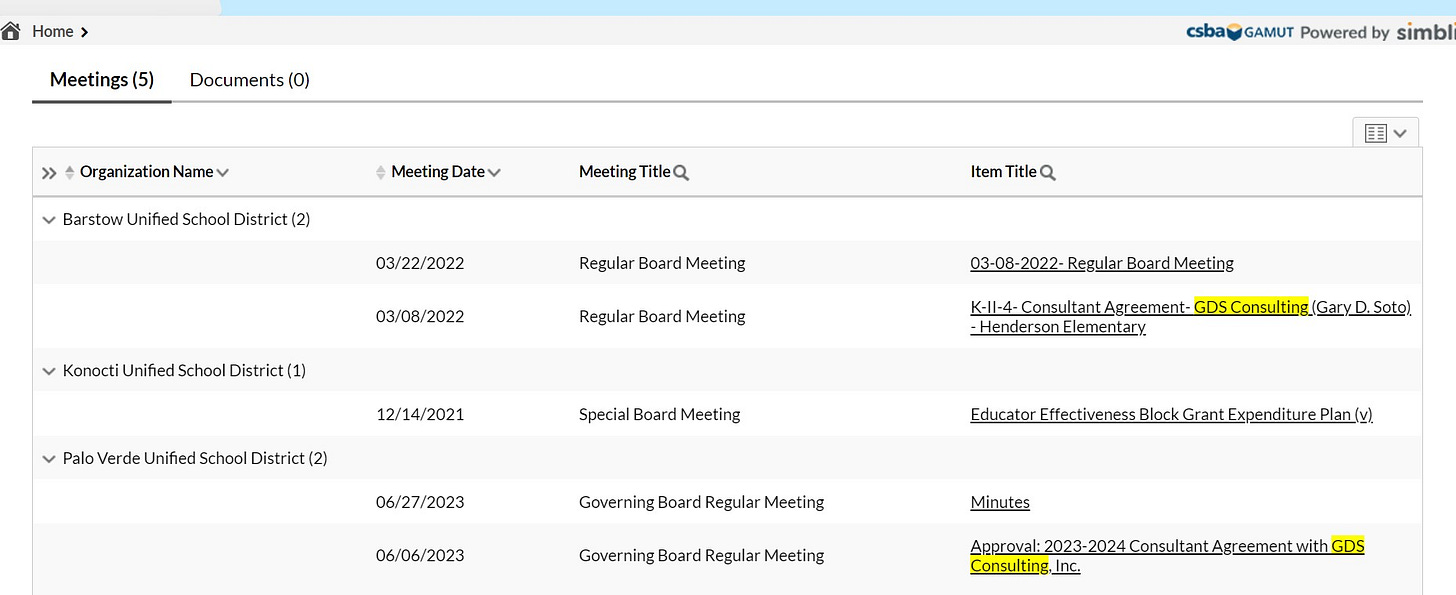Welcome back. In the last article, we covered the history of the Coachella Valley Unified School District’s (CVUSD) fiscal crisis, as presented by Dr. Price of the Riverside County Office of Education (RCOE). We now know that the two main causes for CVUSD’s woes are the bargaining agreements the board approved with the CVTA and CSEA-the teachers and classified unions respectively- and spending one time money on permanent “extra” services.
As to the contracts, the district agreed to a cost-of-living allowance (COLA) that was projected at 4% but turned out to be just over 1%--a big difference in funding, and now the district cannot afford to pay those raises.
CVUSD also fell into the foreseeable trap of spending one time money as if they would keep getting that money year after year. That trap led the CVUSD to hire personnel on a permanent basis rather than temporary. As Dr. Price explained to the board, “Don’t spend one-time money on things that eat.”
The trap also led to the CVUSD to spend on frivolous things that do not have any measurable impact on student learning but do make the administrative levels feel very good. In other words, DEI.
We will pick up today where we left off, at the CVUSD November 14 board meeting, and look at one specific example of DEI spending. After all, at least two board members, to their credit, said that it is the board’s duty to cut all frivolous spending, even if the contracts are worth thousands of dollars rather than millions of dollars.
Agenda Item 12.7 GDS Consulting
The board trustees were referencing Agenda Item 12.7, an Education Services department recommended approval for a $234,500 contract with GDS Consulting Inc. for the 2025-26 school year. The contract was tabled for a later date, but let’s shine a light on GDS Consulting for the CVUSD board. What do you say, shall we?
Well, let’s go then.
Gary D. Soto Consulting
There was an attempt by district administrators to renew the GDS contract eight months early, with no evidence of the consultation having any benefit to student learning, for $234,500. Supporters could only use SEL generalizations of feeling good and that GDS consulting is in high demand as arguments for the early contract. Detractors, including a CVTA representative, pointed to the fact that there were no measurables that the consulting firm has an impact on student achievement. And thus, was not worth the asking price.
The consultant is Gary D. Soto (GDS Consulting Inc). According to California Secretary of State records, GDS is “Gary D. Soto Consulting, Inc.” and has existed as a “Stock Corporation-CA-General” since 2019. On the other hand, “GDS Consulting,” according to California records, belongs to someone in the construction industry.
Soto has been unable to clearly state what the company does-beyond two sentences of DEI gibberish-- or even develop a basic website. Is the Soto consulting contract just a DEI checkbox?
We can learn a little more about Gary from his LinkedIn, not much but a little. In a 2018 interview titled “Effective School Leadership and Social Justice: An interview with Gary D. Soto reveals keys to equity and school reform. Jenny Rankin, Ph.D.” posted to LinkedIn, does a good Kamala Harris impression trying to explain what exactly he does.
The first take away is Jenny Rankin’s question about social justice. Social justice is a DEI concept that results in no discipline at school and no bail in the justice system… for some. Social Justice can usually be found in relation to Multi-Tiered System of Supports (MTSS). So, the question itself is a morbid joke.
The second take away is that Soto’s answer is not social justice at all. Soto does not answer with the required “equity,” “diversity,” and “inclusion” words and instead includes “equal opportunity.” Equal opportunity is a good thing, of course, but is antithetical to the modern equity and social justice idealogues. Thus, Soto’s answers are nonsense. It does not matter if some of the things Soto says are what every teacher and administrator has done since training for the second mammoth hunt. i.e. Apply what they learned from the first hunt.
The pattern continues with the rest of the interview, which is another four questions. The questions are nonsensical about the DEI holy grail of equity and inclusion, but Soto’s answers do not make sense as they are more suited to 1980’s education standards rather than the modern woke movements.
Soto had more clarity in his original proposal to the district in April 2024, for $277,750, but even then it is full of implementing MTSS, which includes social justice and equity, and leads to no discipline. All that is contrary to what Soto said in his interview.
Board Discussion
The agenda item did prompt a board discussion, which devolved into something akin to a dysfunctional family argument, complete with barbs and snide remarks.
The discussion ranged from the seemingly unnecessary early contract renewal, to the lack of measurables for Gary D. Soto Consulting. One board member even argued that it would be too expensive to figure out if Soto’s program was successful so don’t even bother, just approve the contract.
One reason given for renewing Soto’s contract early was that he was in high demand and other districts might book him for the 2025-26 school year first. Three Directors, as Superintendent Esparza referred to them, appeared to attest that Soto’s program was great, made people feel good, and was in high demand by other districts. These may have been district office administrators from Education Services or TOSAs (Teachers On Special Assignment), it was not entirely clear from the video. Still, high demand? Highly dubious given his official (non) website—who at the district vetted this guy in the first place?
In addition, a search of simbli, a platform many school districts use, shows GDS consulting only contracted with three districts in the last five years. It is entirely possible that all of Soto’s demand comes from school districts that use BoardDocs (as CVUSD does), or other platforms.
Other claims, without evidence, that Soto’s program was beneficial:
· The Superintendent is the expert and smarter about these things.
· Soto’s trainings “stick” whereas other trainings do not.
· Soto’s program is not just another fly-by night buzz theory.
· Soto’s “Gradual Release” method is well received by “leadership”.
· Soto’s program makes teachers and staff feel good.
Arguments against approving Soto’s contract mainly had to do with it being sought after only a couple of months into his current contract with very little feedback.
One representative of the teacher’s association spoke during public comment that Soto’s services were not worth $234,500 dollars and staff could do the same thing themselves.
Other than that, two or three board members questioned the timing of the contract, one board member revealed that reviews from teachers were mixed and there were no metrics. Another board member said that Soto’s program didn’t really impact the classroom and maybe they (CVUSD) shouldn’t be throwing out a couple hundred thousand on things like that.
Superintendent Esparza pointed out that the Education Services budget is separate from the budget to pay teachers, justifying the expense on Soto’s consulting firm.
“Gradual Release”
It is ironic though that the “Gradual Release” method, that supporters of Soto touted, looks to be exactly just another educational fad. At least as far as staff development is concerned. The federal government site of adult education resources (lincs.ed.gov) describes gradual release as a framework based on scaffolding, that begins with teacher directed instruction, includes guided practice, and ends with student’s applying the concept.
Nothing new in the teacher’s toolbox nor should it be the only tool. CVUSD teachers paid a lot of money and spent a lot of unpaid time in the classroom to receive a teaching credential, stop wasting their time with basic teaching techniques. Instead of wasting hundreds of thousands of dollars on basic instructional techniques for teachers that have no measurable benefits to district-wide classroom learning, CVUSD should look within. If the CVUSD has been hiring highly qualified teachers, then peruse the data and find the teachers that are the most successful, then share those techniques. Maybe even pay those teachers a bit extra to share instead of paying useless wokeness.
Next up, we will look at the CVUSD LCAP from last August, the 2024 First Quarter Financial Report, and other woke spending. Until then, enjoy another super cuts from the November 14 meeting, where the board discusses the Soto contract.

